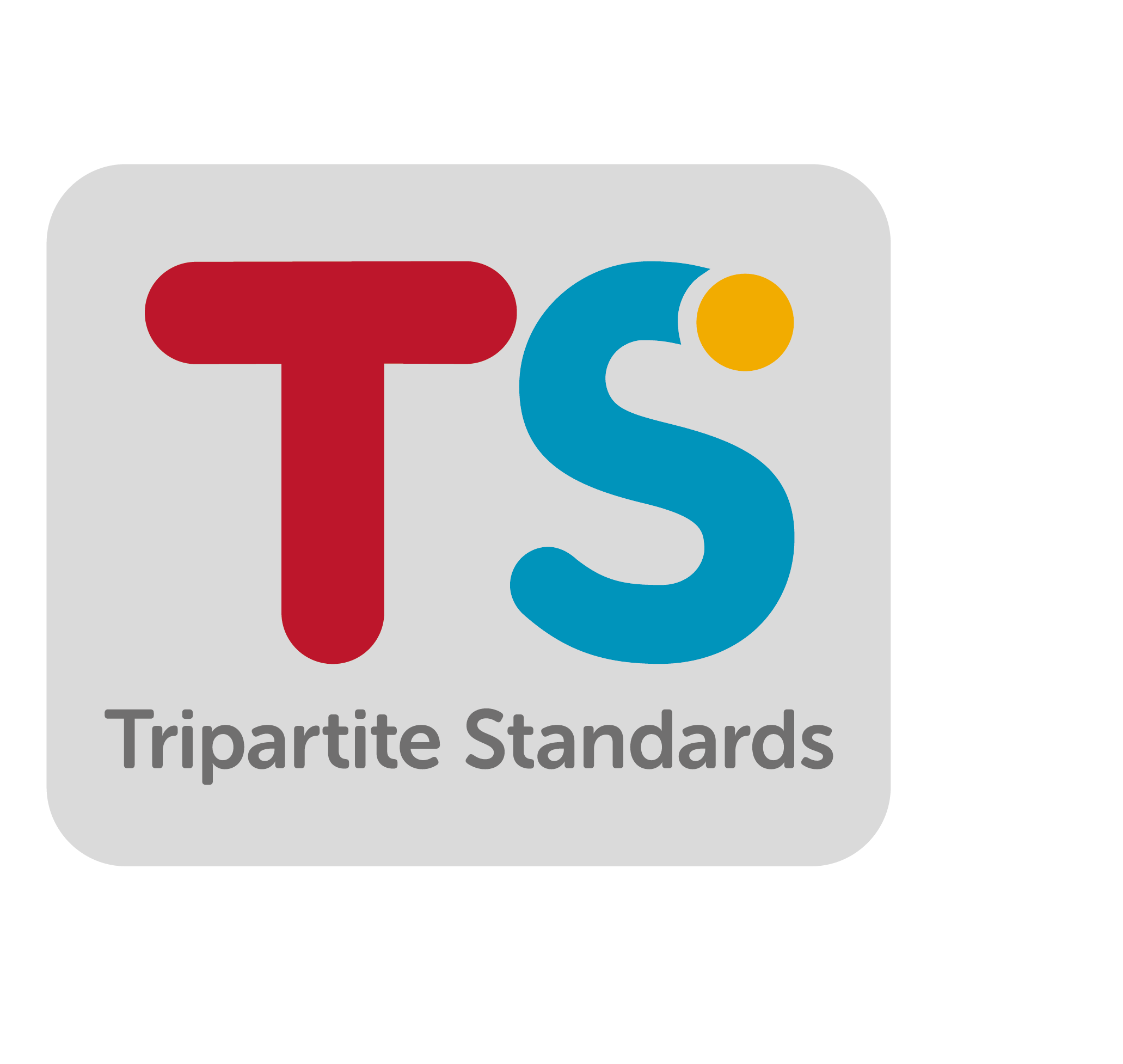Key HR Policy Changes Taking Effect in Singapore from 1 January 2025.
Happy New Year from all of us at Pasona Singapore!
In this month’s edition, we bring you the highlights of the 3Q 2024 Labour Market Report and a summary of the key HR policy changes taking effect in Singapore from 1 January 2025. We also explore how automation can support the transition to a compressed work week, offering insights for a more efficient workplace.
–
Recruitment Agency Singapore
Labour Market Report 3Q 2024
Total Employment
The labour market continued to expand in 3Q 2024, reflecting on-going economic growth. Total employment grew by 22,300 in 3Q 2024, nearly double the increase of 11,300 in the previous quarter, with both resident (4,000) and non-resident employment (18,200) rising.
Resident employment grew in outward-oriented sectors such as Information & Communications, Professional Services and Financial Services. This was partly due to a shift in resident employment away from domestic-focused sectors such as Retail Trade and Food & Beverage Services.
Non resident employment also increased, primarily driven by the hiring of Work Permit (WP) holders in Construction and Manufacturing.


Recruitment Agency Singapore
Unemployment Rate
In September 2024, unemployment rates remained low, with the overall rate at 1.9%, resident rate at 2.6% and citizen rate at 2.7%.

Recruitment Agency Singapore
Retrenchment and Re-entry Rate
The number of retrenchments also stayed low, and the re-entry rate (6 months post-retrenchment) of retrenched residents improved to 60.4% in 3Q 2024, up from 55.0% in 2Q 2024.

Recruitment Agency Singapore
Job Vacancies
Although labour demand showed a decline, with job vacancies falling to 63,400 in September 2024 from 81,200 in June 2024, the labour market remained tight with more job openings than unemployed persons (1.39 job vacancies for every unemployed person in September 2024). The 2024 year end festivities is expected to give a further boost to labour demand.

Recruitment Agency Singapore
Looking Ahead
Looking ahead, the Ministry of Manpower (MOM) expects the labour market in 2024 to outperform 2023, with continued growth in employment and real wages as the economy expands and inflation moderates.
While the labour market will likely remain tight with low unemployment, this tightness is expected to ease gradually as more job vacancies are filled. The number of job vacancies and the job vacancies to unemployed persons ratio are expected to adjust towards pre-pandemic levels over time.
hiring agency singapore
Recruitment Agency Singapor
Key HR Policy Changes in Singapore Effective 1 January 2025
Effective January 1, 2025, Singapore will implement several new human resources policies aimed at enhancing employee welfare and ensuring fair employment practices. Key changes include:
1. Central Provident Fund (CPF) Adjustments
- Ordinary Wage Ceiling Increase: The CPF Ordinary Wage ceiling will rise to S$7,400, progressing towards S$8,000 by 2026. The annual salary ceiling remains at S$102,000.
- Enhanced Contribution Rates for Senior Workers: Contribution rates for employees aged above 55 to 65 will see increases, boosting retirement savings. Notably, the total contribution rate for those aged above 55 to 60 will rise to 32.5%, while contributions for those aged above 60 to 65 will increase to 23.5%.

Full details on CPF adjustment can be found here.
Recruitment Agency Singapore
2. Platform Workers’ Protections
- CPF Contributions: Platform workers born on or after January 1, 1995, must contribute to CPF, with platform operators matching contributions. Older workers can opt in voluntarily. CPF rates for workers and operators will be gradually raised over 5 years, ensuring parity with traditional employees.
- Work Injury Compensation: Platform operators must provide WIC insurance, ensuring compensation for medical costs, income loss, and lump-sum payments for permanent incapacity, current incapacity or death. Compensation is based on average daily earnings (ADE).
- ADE = Total earnings per day x (100% – Fixed Expense Deduction Amount)
- Enhanced Representation: Platform workers and platform operators can establish their own platform work associations. These associations, once recognized, can negotiate with platform operators to advocate for the interests of platform workers and represent them in work-related disputes. Similarly, platform operators can form their own associations to collectively represent their interests.
Recruitment Agency Singapore
Full details on Platform Workers’ Protections can be found here
Recruitment Agency Singapore
3. Employment Pass (EP) Criteria
- Qualifying Salary Increase: The minimum qualifying salary for Employment Pass holders will increase. The revised EP qualifying salary will apply to: New EP applications from 1 Jan 2025, renewals of EPs expiring from 1 Jan 2026.
- Financial services sector: S$5,500 → S$6,200
Other sectors: S$5,000 → S$5,600 - This will be aged-based and full list can be found here.
- Updated List under COMPASS C1, C2 and C5:
Recruitment Agency Singapore
COMPASS C1: Salary. Updated C1 Salary benchmarks by Sector.
* Applicable to new applications from 1 Jan 2025, renewals of EPs expiring from 1 July 2025
COMPASS C2: Qualifications. Updated List of Universities Eligible for 20 Points.
*Applicable to new and renewal applications from 1 Jan 2025
COMPASS C5: Skills Bonus. Updated List of Shortage Occupation List.
*Applicable to new and renewal applications from 1 Jan 2025
Recruitment Agency Singapore
4. Increase in Wage Ceiling for Progressive Wage Credit Scheme (PWCS) Co-Funding
As announced in Budget 2024, the PWCS scheme will be enhanced. The gross monthly wage ceiling for PWCS co-funding will be increased from $2,500 to $3,000 in qualifying years 2025 and 2026

More details can be found here.
Recruitment Agency Singapore
5. Progressive Wage Model for the Security Sector
The Progressive Wage Model (PWM) is a system that aims to improve labor productivity by requiring Singaporean and Permanent Resident employees (full- and part-time) to undergo training and receive wage increases. Currently, PWMs are set for 7 sectors with different renewal timings for each. (Most renewals are in July or March).
The Security sector is updated in January, and the monthly/hourly basic wage requirements will be increased effective January 1, 2025.
Full list of wage requirements can be found here.
Recruitment Agency Singapore
6. Enhanced Parental Leave (Effective April 1, 2025)
- Government-Paid Paternity Leave (GPPL): The mandatory GPPL will increase from the current 2 weeks to 4 weeks for eligible working fathers with Singapore Citizen children born on or after April 1, 2025. This change encourages fathers to take a more active role in childcare.
More details about Government-Paid Paternity Leave can be found here
- Shared Parental Leave (SPL): A new SPL scheme will be introduced, allowing parents to share up to 10 weeks of paid parental leave. Implementation will occur in two phases:
- From April 1, 2025: 6 weeks of shared parental leave.
- From April 1, 2026: 10 weeks of shared parental leave.
- This leave is in addition to existing maternity and paternity leave entitlements, promoting shared caregiving responsibilities.
Recruitment Agency Singapore
More details about Shared Parental Leave can be found here
Recruitment Agency Singapore
Automation Could Aid Singapore Transition to Compressed Work Week
93% of employees support a four-day workweek, but 95% of employers remain hesitant due to round-the-clock business needs.
Singapore’s advanced tech infrastructure and skilled workforce could make this shift viable, but strategic action is key:
- Automation: Streamlining tasks like data entry, scheduling, and customer service can ease workloads and boost productivity.
- Workflow Redesign: Employers must set clear productivity metrics and integrate tech for operational efficiency.
- Challenges: A tight labor market, high operational costs, and potential customer service disruptions pose obstacles.
While the four-day workweek remains complex to implement, alternatives like hybrid models, mental health days, and wellness programs can still help meet employee demands for better work-life balance. Collaboration between policymakers, employers, and employees is crucial for success.
Source: https://sbr.com.sg/hr-education/exclusive/automation-could-aid-singapore-transition-compressed-workweek (sbr.com)
Recruitment Agency Singapore
Recruitment Agency Singapore
Disclaimer: Please use the information provided in this newsletter at your own discretion and risk. We are not responsible for any losses incurred by users in relation to the information provided in this newsletter and we seek your understanding.















